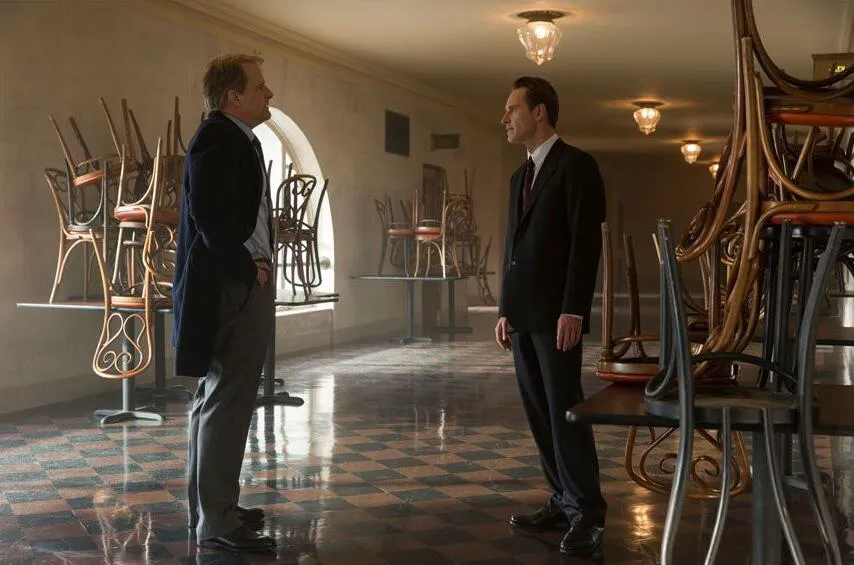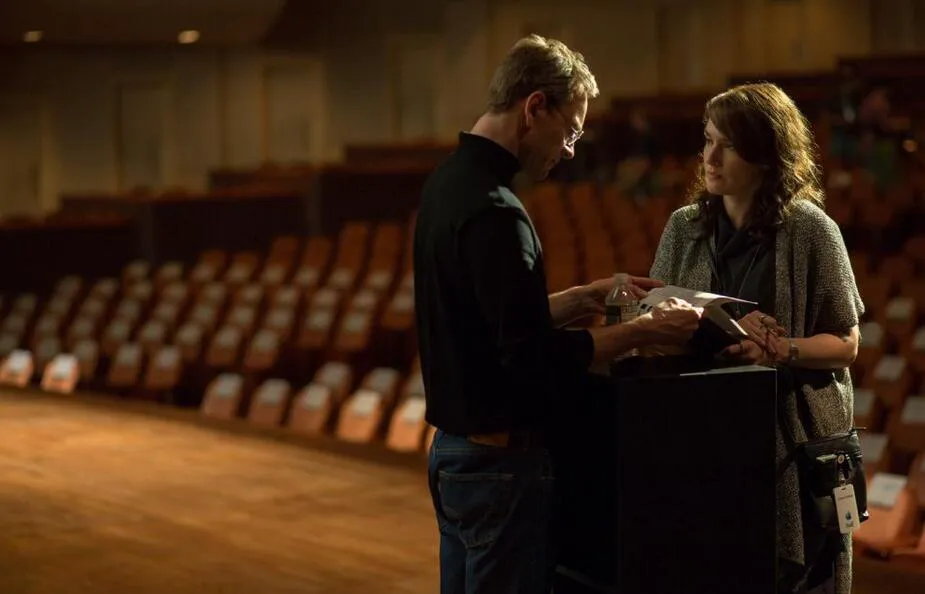The Relentless Pursuit of Perfection: A Look at Steve Jobs’ Philosophy
“Stay hungry, stay foolish.” This quote, undoubtedly familiar to many, is synonymous with Steve Jobs, the pivotal figure behind Apple. Having limited exposure to anything beyond PCs before university, I became an Apple enthusiast after majoring in film production. However, my admiration for Apple’s ethos never overshadowed my rationality, preventing me from impulsively buying every new product.
The film opens with a documentary-style sequence, illustrating how computers have revolutionized humanity and highlighting Jobs’ profound impact on how we gather information.

Structured around three product launches, the film delves into the behind-the-scenes preparations, offering a glimpse into Steve Jobs’ golden age during the digital revolution. It features interactions with colleagues, journalists, girlfriends, and his daughter.

Each product launch resembles a relentless pursuit of self-improvement and perfection, approached with unwavering determination. Two scenes stand out: the pre-launch conversation between Jobs and John Sculley during the second launch, and the pre-launch dialogue with his daughter before the final presentation.
The Confrontation with John Sculley
The scene with John Sculley crackles with aggression and veiled threats. As Jobs walks down a corridor, the camera frames the two figures in a balanced, secure wide shot. As they approach each other, the camera work becomes increasingly dynamic, mirroring the rising tension and the gravity of the situation, ultimately focusing on their facial expressions. During this exchange, they discuss Jobs’ ousting from the board. Jobs declares, “I created a new century in a garage. Because artists lead, and hacks follow.” This statement boldly asserts that the other board members are merely ordinary, lacking his relentless pursuit of perfection.

Reconciliation with His Daughter
Another memorable scene occurs before the iMac launch, where Jobs seeks to mend his relationship with his daughter. In his youth, Jobs was reluctant to invest time in resolving their familial issues. However, as the film progresses through the three product launches, we witness Jobs becoming more tolerant and attentive to his daughter and family. Before presenting the product, Jobs hands her a print of an abstract drawing she made with MacPaint as a child. As his daughter watches him take the stage, gazing at the abstract art, a silent exchange of flashes and glances conveys that he has always cared for her, simply struggling to express it. This simple close-up shot beautifully portrays the deep affection between father and daughter.

A powerful line emerges during an argument between Jobs and Andy Hertzfeld at the second product launch. Jobs proclaims, “John Lennon isn’t famous because he got lucky. It’s because he knew he was John Lennon!” This highlights the idea that it’s not circumstances that create heroes, but rather that heroes exist, waiting for the right moment to emerge and solve problems.
A Lasting Impression
The film Steve Jobs is filled with so many classic lines that I wished I had a notebook to jot them down, as it’s impossible to remember them all. Engaging in a conversation with Jobs, as depicted in the film, feels like participating in a debate competition, requiring unwavering resilience to withstand his arguments.
One viewing of this film is insufficient to fully grasp Jobs’ work ethic and family dynamics. Multiple viewings are rewarding, as the impact of the dialogue remains potent. Whether you’re familiar with Steve Jobs or not, this film offers a direct portrayal of his life philosophy and attitude.